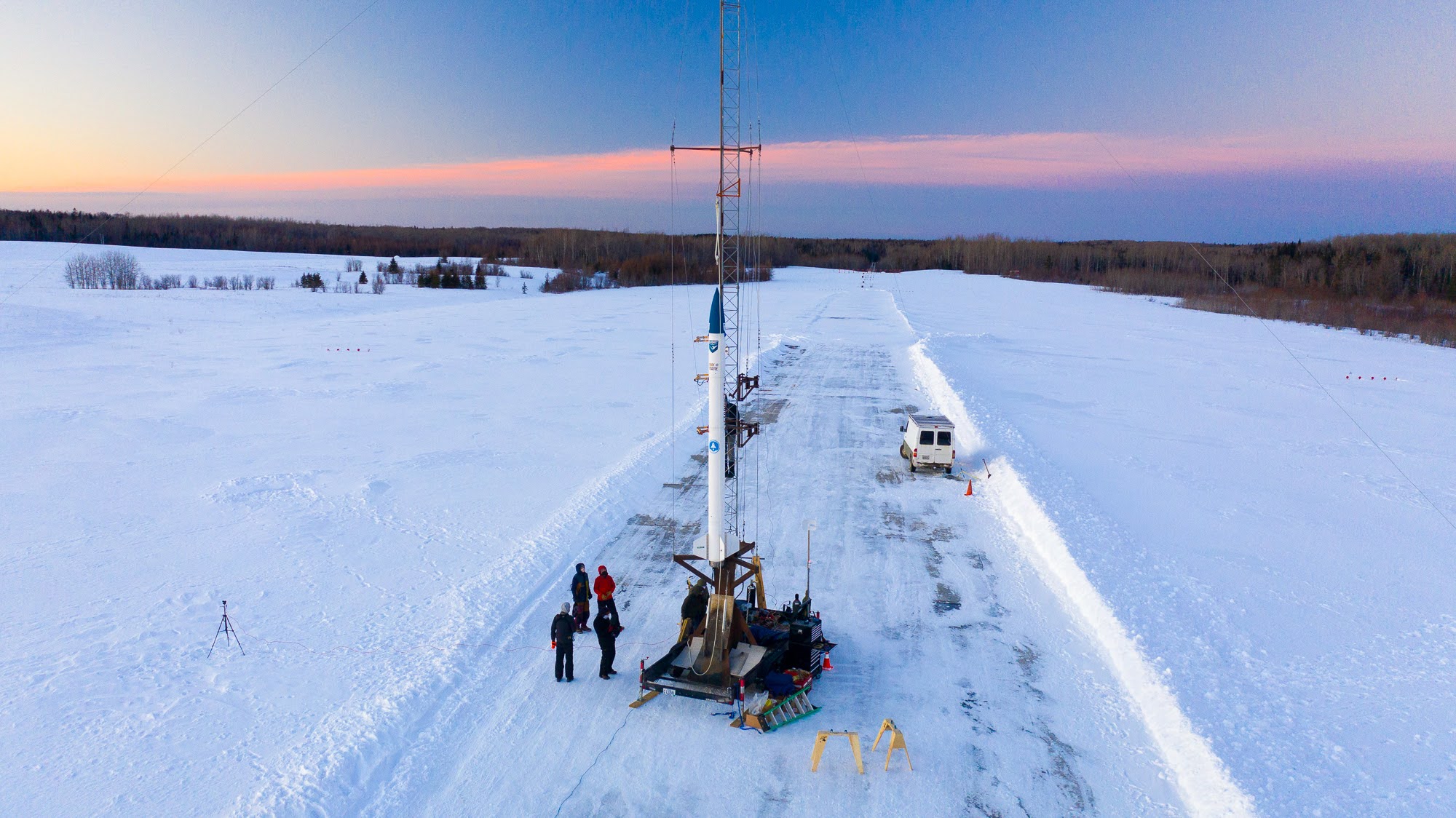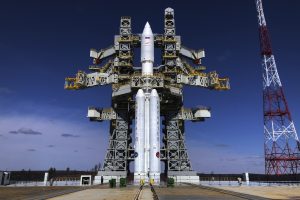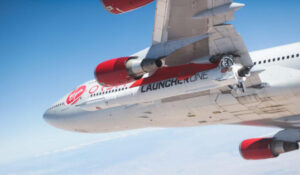BluShift Aerospace Completes a Successful Biofuel Rocket Launch on January 31
5th Feb 2021
BluShift Aerospace has completed a rocket launch for its prototype Stardust 1.0 – an innovative low altitude biofuel rocket. The launch took place on 31st January, and even though the carrier did not reach space, the event has become a significant milestone for the company. Now, bluShift will start working on other biofuel rocket prototypes to offer client-tailored solutions for nanosatellite launches.
BluShift Aerospace Biofuel Rocket Launch and Further Plans
According to bluShift CEO Sascha Deri, Stardust 1.0 biofuel rocket launch has been a complete success even though the prototype did not reach space or even a mile altitude mark. Deri believes the rocket launch went perfectly and landed exactly where bluShift’s team anticipated. This is the result the company has been waiting for, as it gives them the green light to continue improving their carriers.
Originally, the Stardust launch was scheduled for 14th January but was rescheduled to 31st January due to bad weather conditions. The first two ignition attempts were false, the third one proved a success. The rocket took off from its support rail, reached 4,000 feet (1,219 m) altitude mark, and used a parachute to return to Earth.
Today, bluShift Aerospace team consists of eight people. The company was founded in 2014 but reached a major milestone just a few days back after a successful biofuel rocket launch. The Stardust 1.0 prototype is a 20 feet high (6 metres) rocket that is capable of carrying a payload of up to 17lbs (8 kilograms). Given that the company plans to focus on nanosatellite delivery, this payload capacity is enough for single client-tailored missions.
As bluShift Aerospace CEO claims, they are aiming to become the Uber for aerospace deliveries. Now that Stardust 1.0 prototype has been successfully tested, the company can move on to designing Stardust 2.0. Currently, the company plans to design two larger suborbital rockets. Starless Rogue should provide six minutes of weightlessness for $300,000. Another rocket, this time an orbital one, will have a payload capacity of 66 lbs (30 kg). The cost of launching 1kg of payload is estimated at $60,000.
The biofuel used by the company is a non-toxic hybrid of solid and liquid propellants. Like most other biofuels designed today, it is more affordable and emits less carbon into the atmosphere. After a successful biofuel rocket launch this January, bluShift Aerospace is confident that they will see a successful launch of the Stardust 2.0 prototype by the end of 2021.






Thank you for your comment! It will be visible on the site after moderation.